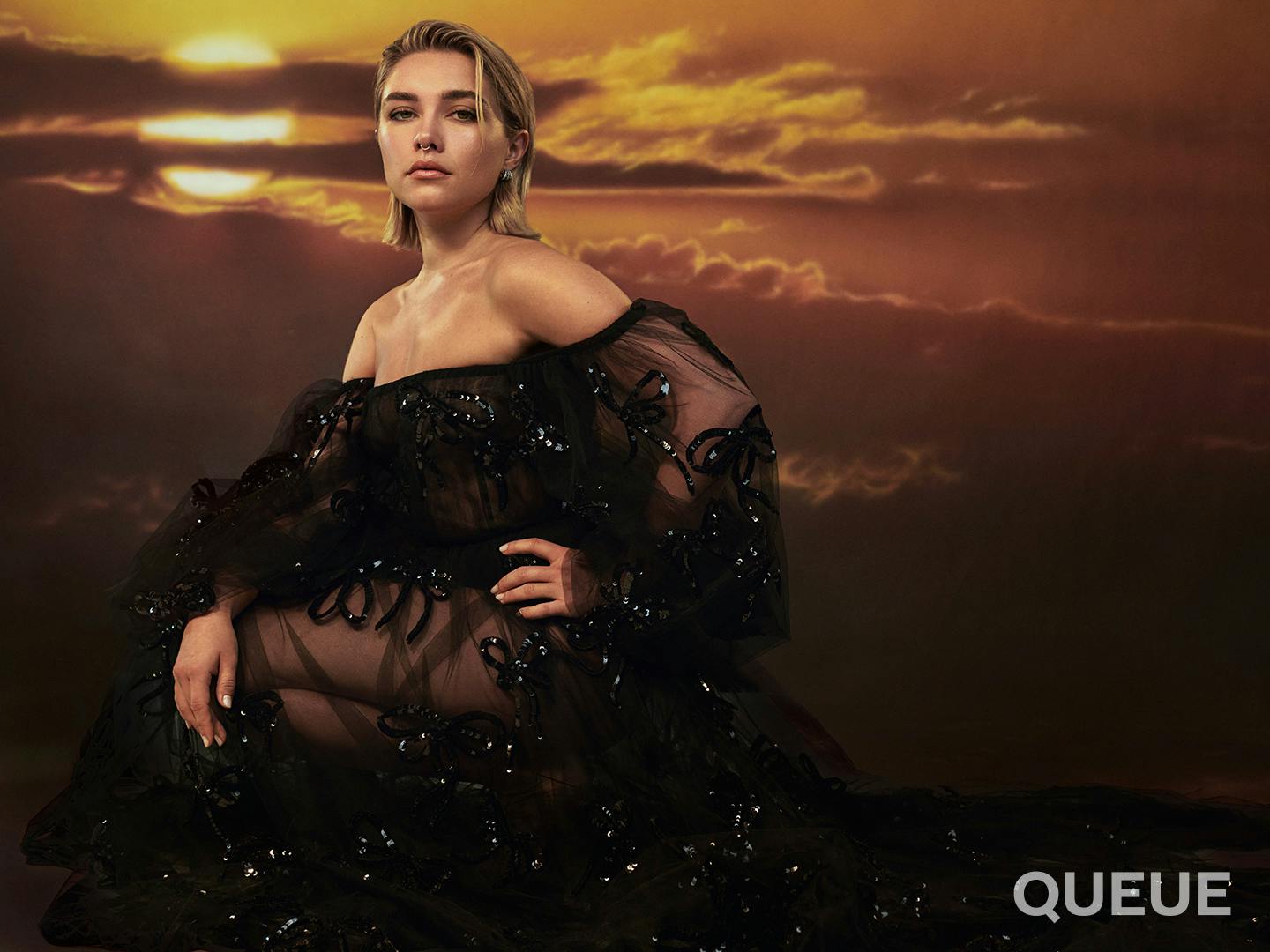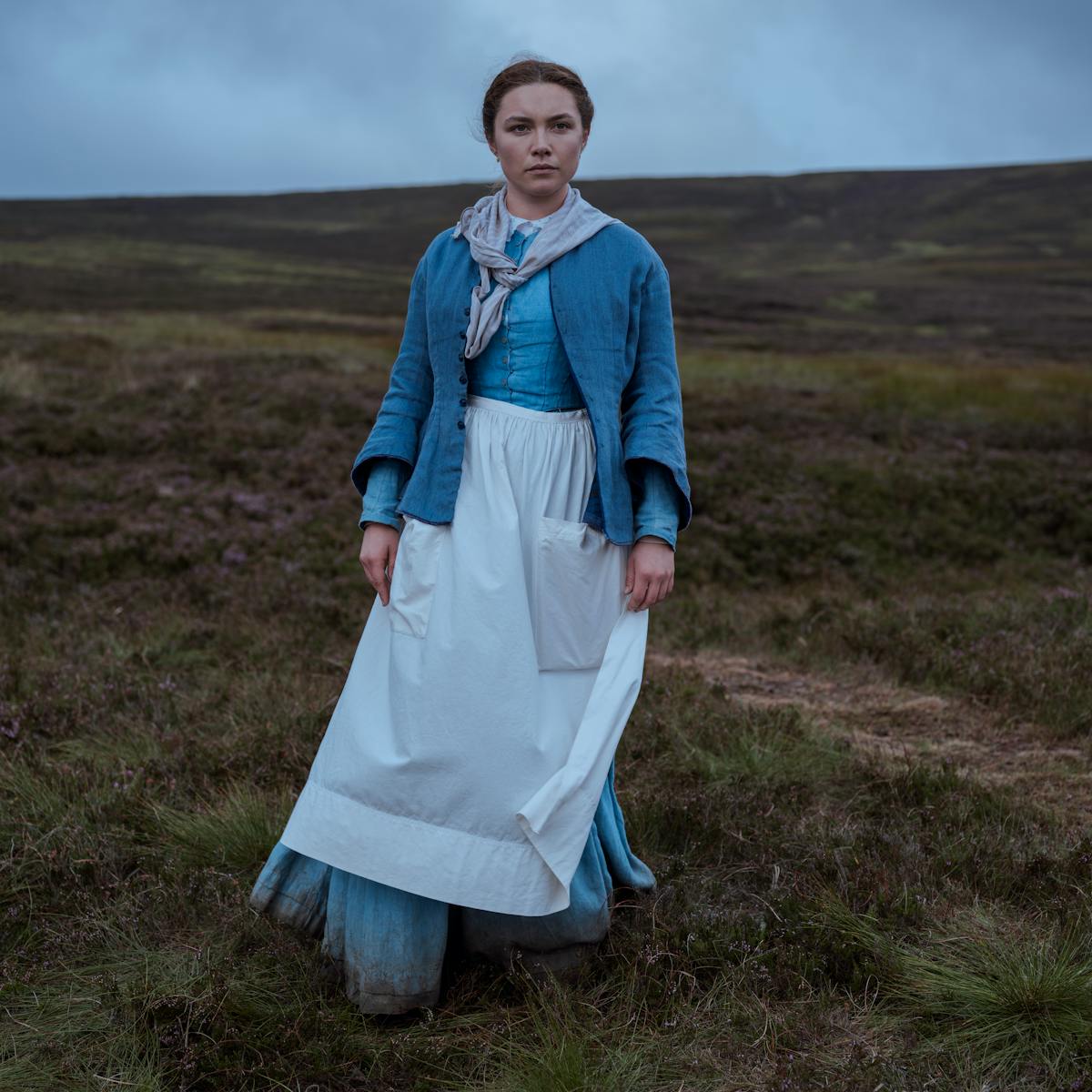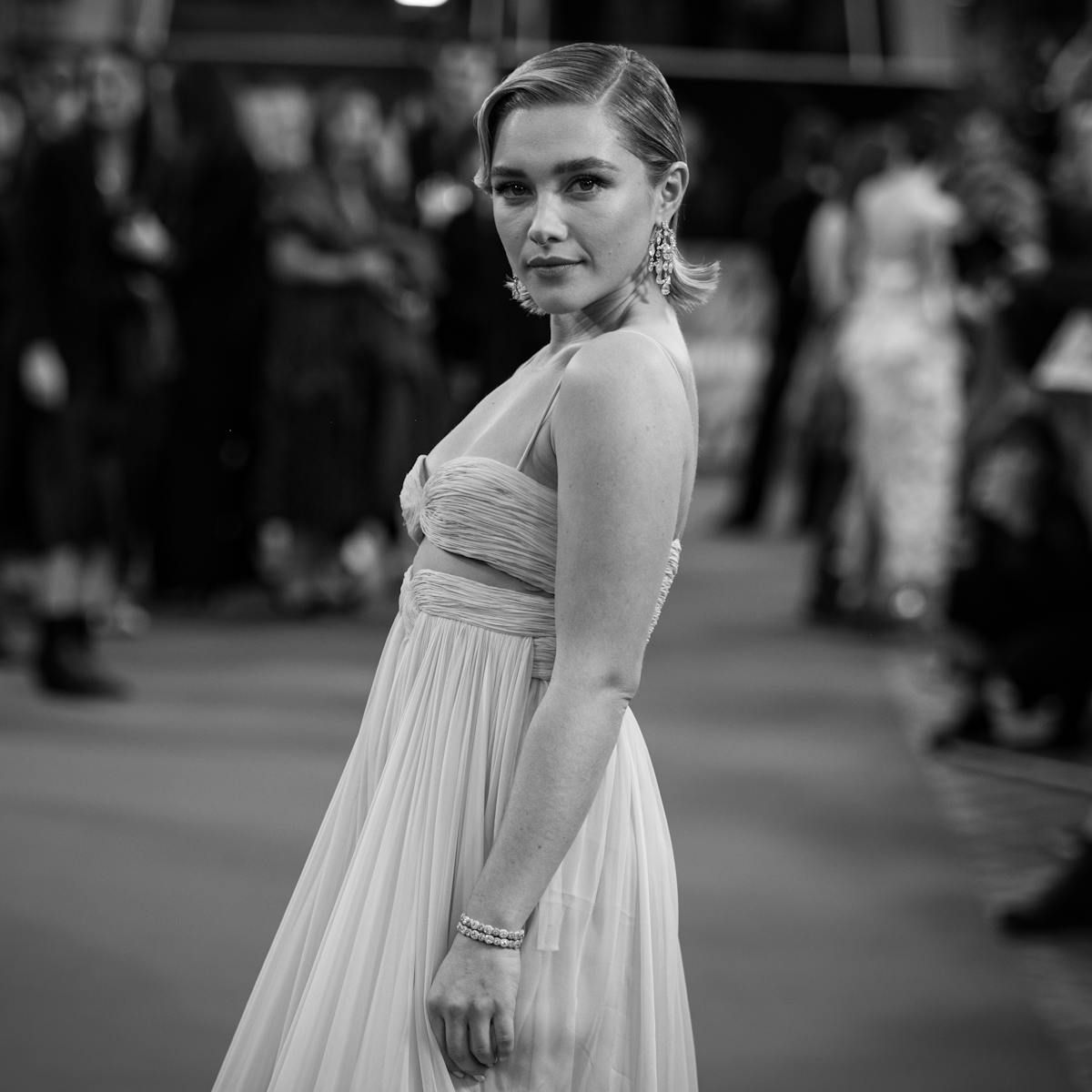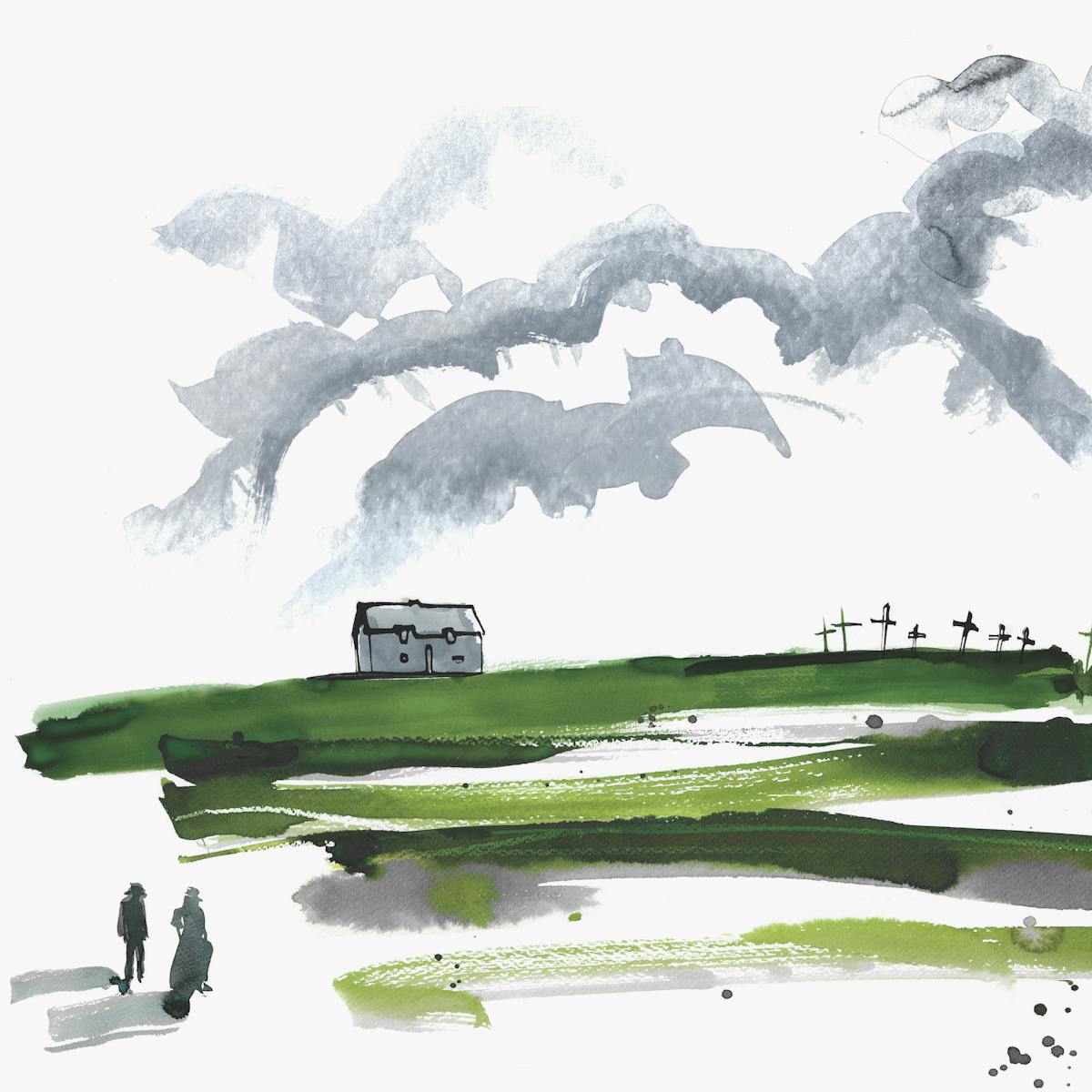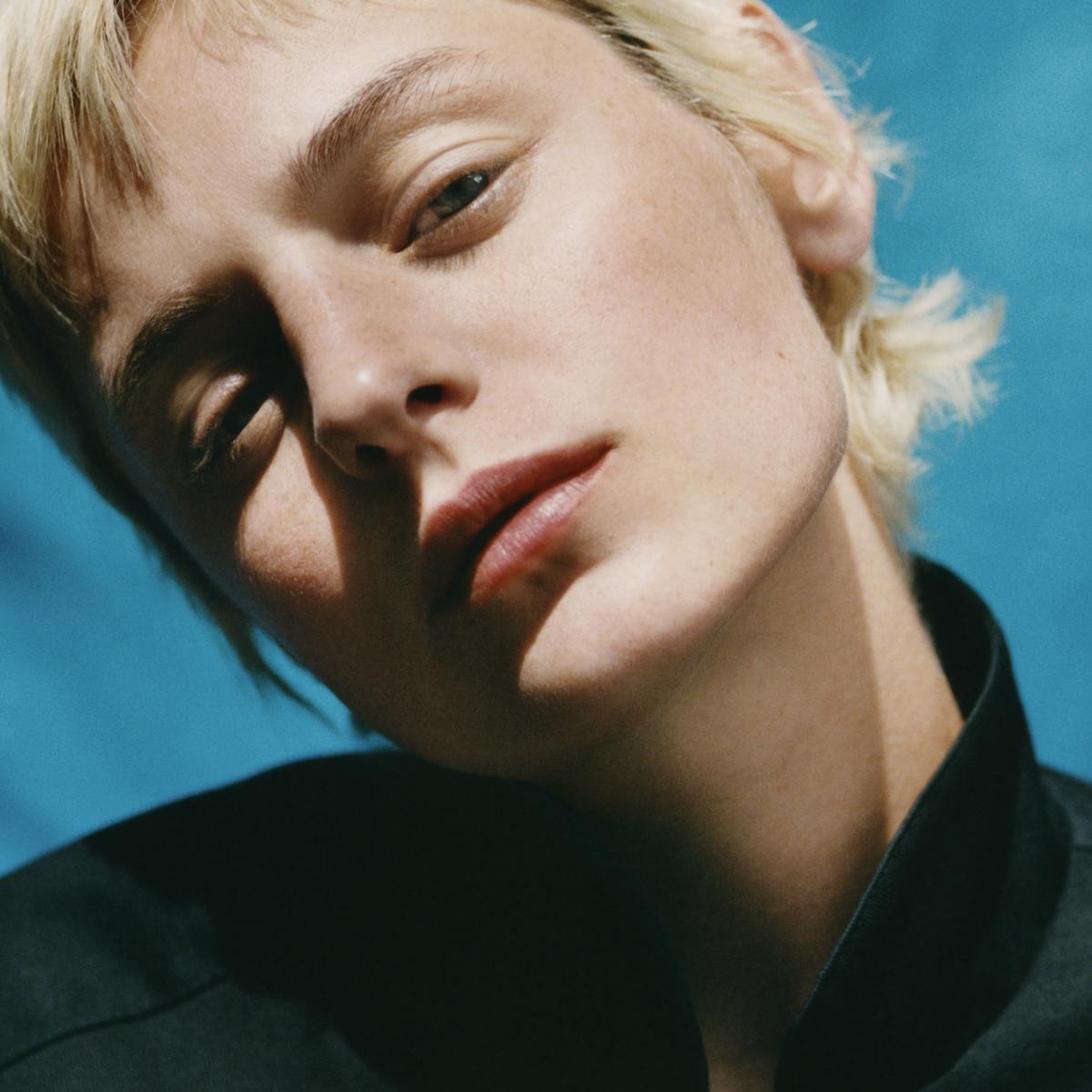Florence Pugh transports us to nineteenth-century Ireland in her new film, The Wonder.
Not so long ago, it was common practice to refer to young, in-demand female actors as “It Girls.” But applying that antiquated moniker to Florence Pugh would not only feel regressive and reductive — it would also fail to capture the swiftness of her meteoric rise, or the astonishing breadth of her talent. Already one of the most highly sought-after performers of her generation, Pugh, at 26, has enjoyed both blockbuster success and considerable critical acclaim, landing her first Academy Award nomination in 2020 for her supporting turn in Greta Gerwig’s Little Women.
Now, she is well on her way to similar praise for her starring role in the provocative nineteenth-century period drama The Wonder. The latest from acclaimed writer-director Sebastián Lelio (A Fantastic Woman), the film is adapted from Room author Emma Donoghue’s ninth novel and casts Pugh as Lib Wright, a skeptical English nurse who trained under Florence Nightingale herself. Lib is called to the Irish midlands to attend to Anna (Kíla Lord Cassidy), a local girl who seems to be able to survive without eating and is regarded as a miracle. As Lib watches over Anna, she must determine whether the girl is truly blessed by God or discover a more rational explanation for her condition.
“I found Lib interesting because she’s a Nightingale nurse, and during that time, they were seen as angels,” Pugh tells Queue. “They were well-trained nurses that went to the Crimean War, and they were even given respect by men, which is unbelievable. They were elite. And the fact that she has this C.V., and she goes to a village that has hired her and they don’t want to hear what she has to say — it’s a wonderful nod to what it was like to be a woman back then.”
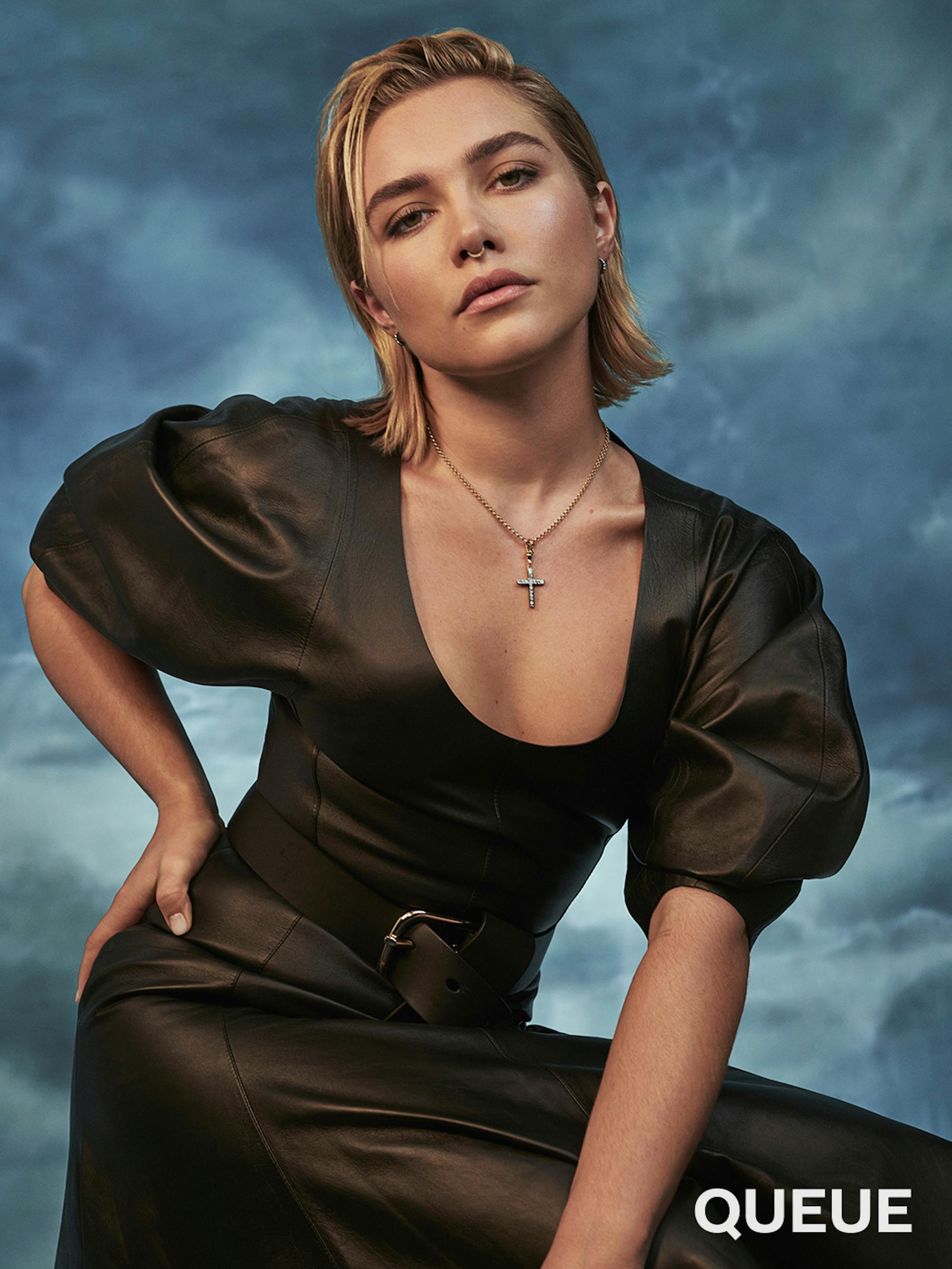
Pugh is well studied on life for women in the 1860s. After making her screen debut at age 17 in 2014’s The Falling, her true breakout performance came two years later with a searing turn in Lady Macbeth, playing a woman sold into marriage in nineteenth century England who has a love affair with a worker on her husband’s estate. She returned to the 1800s to portray the beautiful and ambitious Amy March in 2019’s Little Women. Of course, she’s proved equally adept at more contemporary fare: Pugh was riveting in 2019’s horrifying Midsommar as a psychology student whose life is forever changed by a trip to a Swedish commune; in 2021’s Black Widow and subsequent Marvel projects, Pugh channeled her inner action hero as lethal Russian assassin Yelena Belova.
Having just wrapped filming Denis Villeneuve’s Dune: Part Two, Pugh offered insight into The Wonder, the enchantment of acting, and the magic of growing up in a wildly creative family, who are an unfailing source of support and grounding to the newly minted superstar.
An edited transcript of their conversation follows.
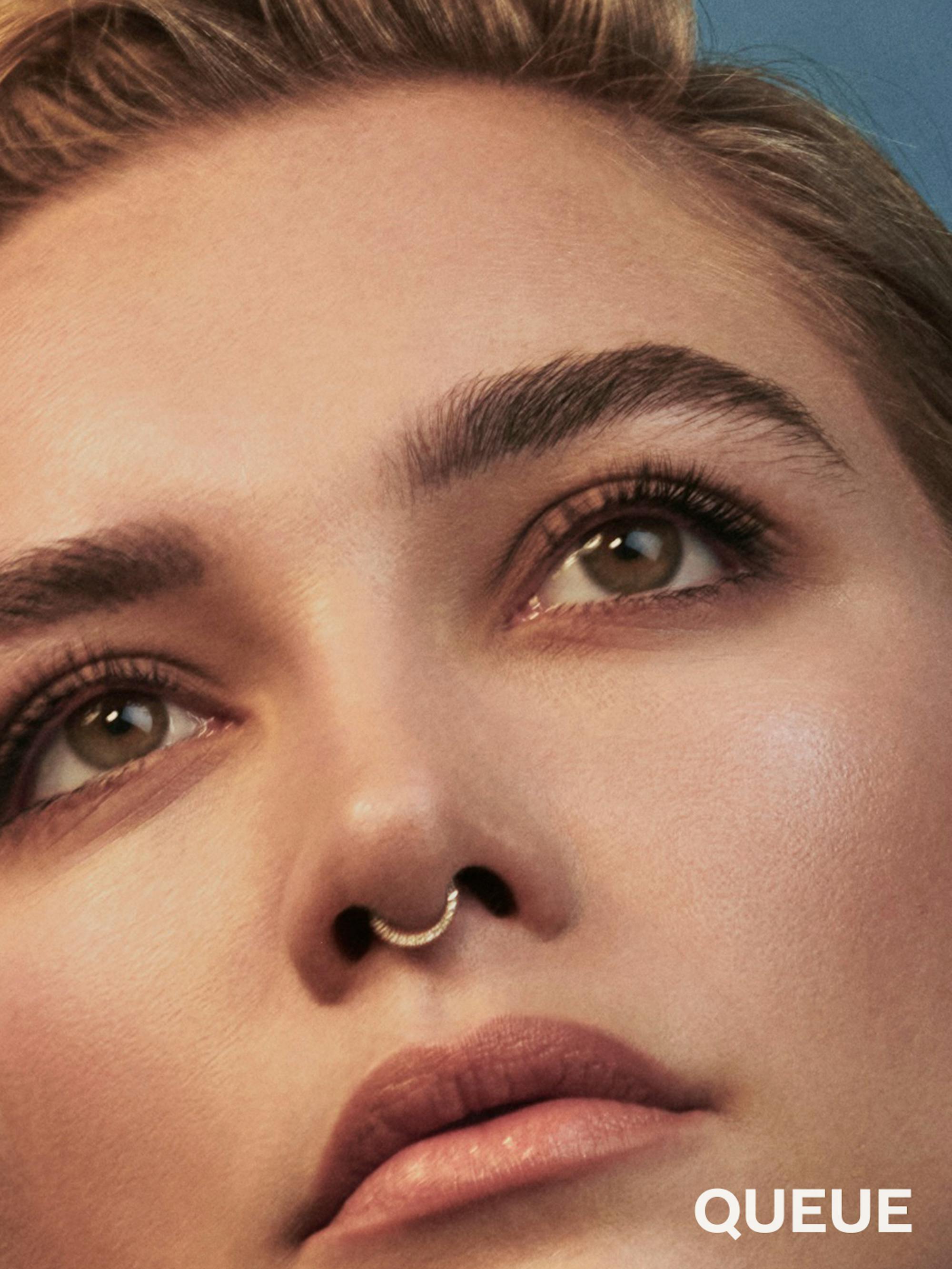
Krista Smith: The Wonder takes place in the 1860s — it’s of a certain time — but it also feels strangely modern and relevant, given what women all over the world are dealing with. What spoke to you about this film?
Florence Pugh: Something that I am clearly drawn to, especially with period pieces, is that I’m always really lit up by women of that era, where everything is set against them. And yet there are these sparks, there are these women that are totally fascinating and try to dominate whatever patch they can. Especially with this role, I’ve done 1860s before, I understand what that life was for a woman then. There was nothing in their favor. You could have the best history of jobs in your back pocket and it didn’t matter. I thought that was fascinating. You have this woman who has been given a voice, but no one wants to listen.
It’s interesting, the Florence Nightingale connection — the women she trained were God’s angels on Earth basically, women that had seen atrocious things in war and were on the front lines. How much research did you do to find this character of Lib?
FP: Straight away, I instantly went into looking at the Nightingale nurses, and it was absolutely fascinating. These women had to write letters and enroll themselves and their history would be checked. If there was even a whisper of the fact that they drank booze, or that they had a baby somewhere that would need their attention, they were axed off the list. So these women that went over [to tend to soldiers fighting the Crimean War], that were able to be called Nightingale nurses, were the purest of pure.
Let’s talk about director Sebastián Lelio. His body of work speaks for itself, but his whole career has been focused on the female condition. What was that like for the two of you to collaborate?
FP: Well, we all know he’s unbelievably talented. There is nothing that he hasn’t thought about. His brain is constantly worrying and asking for people’s opinion on whatever he has to bring to the table. So, that’s always wonderful, when a director is trying to include you and wants your opinion. Especially with everything that Lib is going through, he was so dedicated to her story and her pain. It makes you realize that you’re really safe.

So, this movie, and the novel, is about “fasting girls,” which was a real phenomenon happening at that time. I thought it was fascinating the way Sebastián focused on Lib eating — it’s aggressive, like she’s eating because someone else isn’t eating.
FP: So, the food was cooked by an amazing team of chefs, and it was all vegan. I had really tasty food, but Sebastián needed the food to look awful. They needed the food to look in no way nourishing, and so all the food was gray and had blue ink dye and black ink dye in it. It looked absolutely revolting, except it was really tasty. At the end of the day, they’d have so much of it that I would ask for them to package it up and give it to me. I don’t like waste. I took it home and I had friends come to stay with me and they looked in the fridge and they said, “Ugh, why have you got gray food in your fridge?” I had to put some vegetables in it to give it a bit of color.
So much has changed in your life since you burst onto the scene in Lady Macbeth — Oscar-nominated for Little Women, working with Greta Gerwig, that whole cast, your career at Marvel, all of it. I’m curious, how different is the Florence I met during the Lady Macbeth days from the Florence sitting here with me?
FP: We’re not different at all. I love working and I love being busy and I love being around creative people. I love running away with the circus. But when I need to rest, I go back home and stay with my parents and all of my siblings. I have them take the piss out of me for two days and then I go off again. My life has changed, and my career has changed — it’s a different beast now — and I’m so grateful to be here, but all of this has been a journey for my family as well. I bring them to every single premiere. That part is so important to me. So, I feel like as much as everything else is changing, amazingly, it hasn’t affected anything. I still have the same core values, and I still love my family too much. I think that what makes it fun is bringing them along on the journey as well. Otherwise, it would be so lonely.
Do you remember the moment that, as a young person, you were like, Acting: This is for me?
FP: I always knew, and I know that sounds so weird, but we grew up in a household where creativity was everywhere. It was oozing out of the walls. We have all these family videos, and there’s amazing, quirky music playing, always. We’re always dancing, and we’re always trying to show my mom something that we made. Even as a tiny tot, you can see these videos where it’s just so loud, and there’s life constantly being pumped into all these little kids running around. My mom was a performer. She was a dancer when she was younger and then a dance teacher. She had a standard. I remember probably when I was six or seven, I was playing Mary; that was my first play. I was Mary, and I was a Northerner. I came on, and I was like, “Oh, me back.” That was my version of Mary with a big bump. I was moaning about my swollen knees and my ankles.
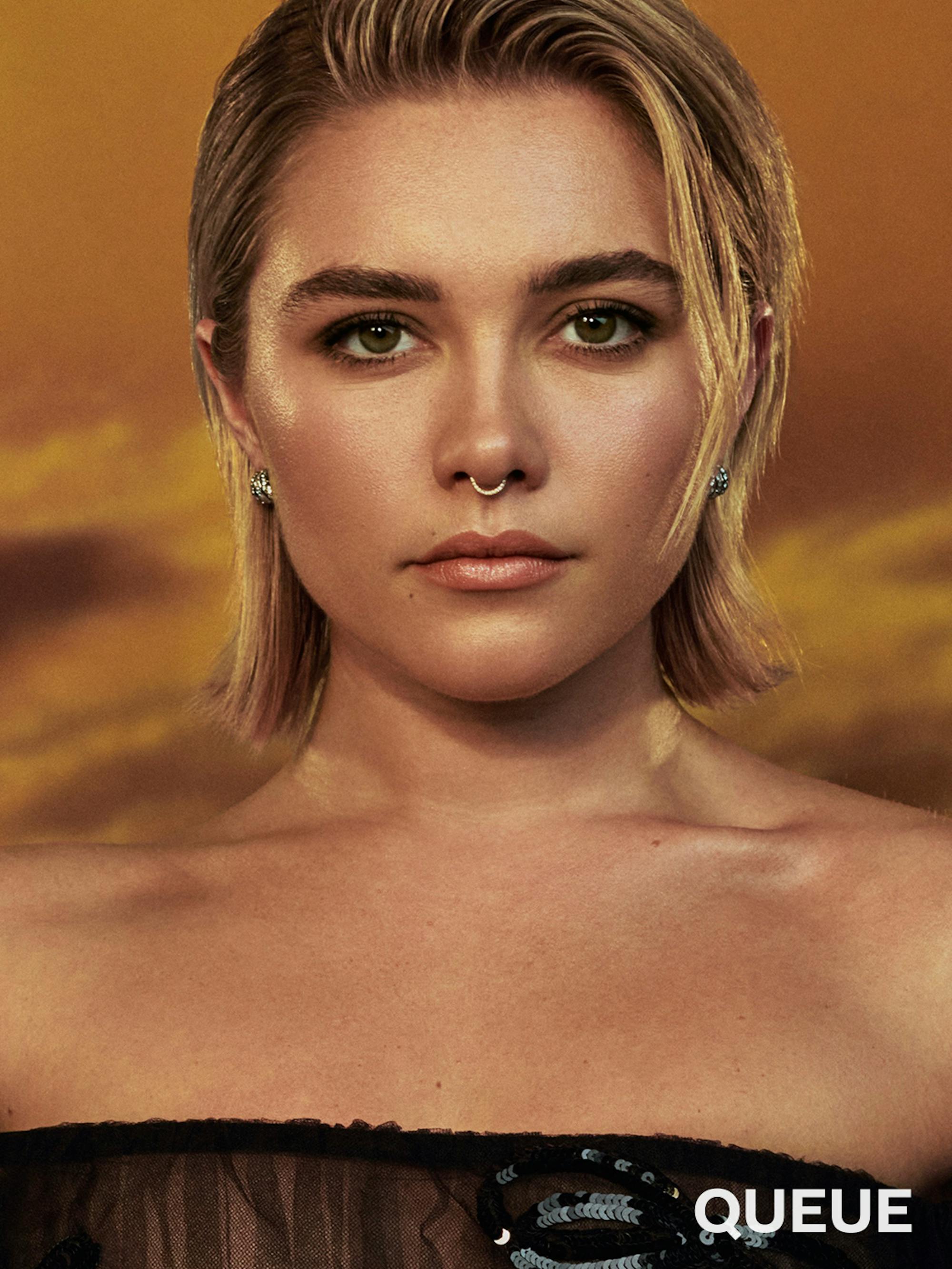
You were six?
FP: Yeah. But I remember my mom always making a point of, if you’ve been given this role, it is your duty to learn your lines, and you have to make sure that what you put on that stage is worth watching. Otherwise, don’t do it. I wouldn’t be here without my mom being a very loud, opinionated, powerful woman, and my mom came out of my Gran, who is very loud — well, she’s a lot quieter than us, but she’s a very strong woman. I have put them into my performances.
I think one of the things audiences, in particular American audiences, respond to is your authenticity. You’re always incredibly real.
FP: I appreciate the real parts of watching a character. Of course, every character will have lines. But, for me, your selling point is the in-between gap. You are allowing people to read your face, and giving them the opportunity to understand what you’re thinking — or you don’t give them that opportunity. Sometimes, it’s best to do both. But that is where I love breathing life into a character. Lines are great, but you can also say the exact same thing on your face. And if you do it well enough, it’s actually even stronger than having the strongest line in a film.
